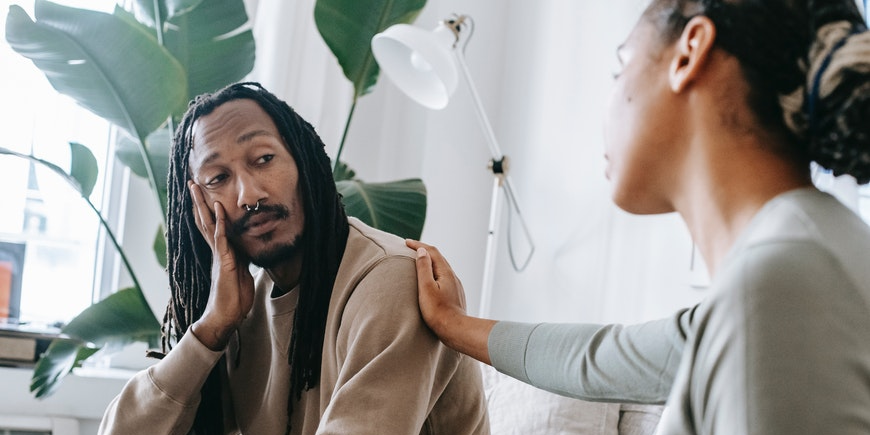
Speaking from personal experience, when you’re a student in counselling psychology, you become very familiar with the term “empathy.” The message that empathy is the cornerstone to successful therapy is practically pounded into your brain until you pretty much stop asking how or why it’s important, and start accepting it as mere fact. It’s one of those messages that you are just never going to forget. There are lots of these kinds of messages. One of my favourites was from my undergraduate degree in psychology: ( say it along with me all you psych students) correlation does not imply causation. It’s just one of those things you’re likely to hear in every psychology class you take.
Being an avid humanist, I’ve always been drawn to and fascinated by empathy, particularly its role in therapy and other helping relationships. What do we really mean by empathy? Can it really be quantified, simplified into the identification of emotions in another person, and evaluated based on transcribed verbal communication (as is common practice in counsellor education programs)? Is there more nuance, more subtlety involved? What makes a person empathic or not empathic? Can we teach empathy, or is it more akin to a stable personality trait?
Not surprisingly, empathy became the subject of my (ongoing) graduate level research. I decided to study what people in therapy think of empathy and if they think it matters as much as therapists tend to. But that’s not quite what I want to talk about today.

There are quite a few takes on empathy, depending on what context you look into it from. Ask a therapist, and you’re likely to hear about how it’s a process of being with another person, truly understanding them and often feeling the same emotions as them (although it depends on what kind of therapist you ask). Ask a leadership expert and you’re likely to hear about how it can be used to inspire and motivate others. Ask an artist and you might hear about how we ascribe beauty to a painting. Ask an evolutionary or biological scientist and you’re likely to hear about group survival advantages and mirror neurons. On and on it goes.
Empathy is kind of a hot topic out there these days. But if it’s so important, on so many different levels, why does it still seem so elusive? We all experience interactions with others on a daily basis that confirm that empathy is not always a high priority in others’ minds. It’s so easy to get wrapped up in our own worlds, our own emotions, that those of others become a mere echo in the distance.
It’s my belief that embracing an empathic attitude can help in many areas of life. In romantic relationships (think of couples’ therapy), friendships, at school, at work, etc. Additionally, and perhaps most importantly, an empathic attitude is very likely to improve your relationship with yourself.
It’s not often that we think in these terms, separating “I” and “self.” But ask yourself: How is your relationship with yourself?
For a lot of people, the answer is “not good.”
I think that an empathic attitude can be projected inwardly just as effectively as it can be outwardly, with similar results. When we are empathic with others, we are cultivating a relationship acknowledging and thriving on mutual humanity. We help the other person feel that we are with them in their plight, even as we are helpless to do anything about it. We make no claims that suggest superiority or that we know something better than they do.
When we are empathic with ourselves, the same applies. We are acknowledging our emotions, our states of mind, as authentic and are restraining from imposing value judgments like ‘good’ and ‘bad.’ In short, we are accepting ourselves. The concept of mindfulness, which has become incredibly popular in therapeutic circles, describes the same essential process.
Much in the same way that I believe an optimistic perspective will go a long way in a job search, I think that empathy has a special role to play in many career related tasks. In Next posting I’ll talk about the role of empathy, inward and outward, in a successful job interview.















